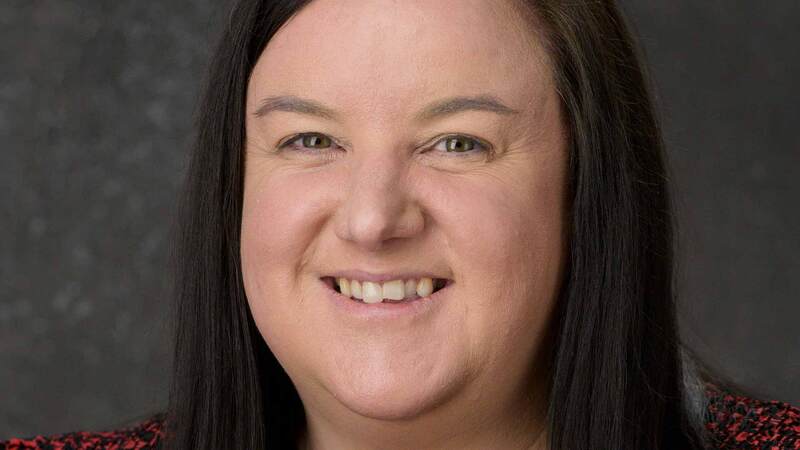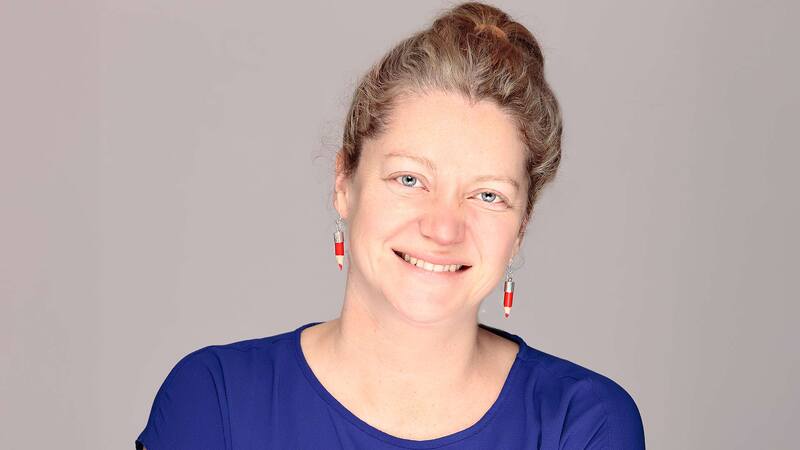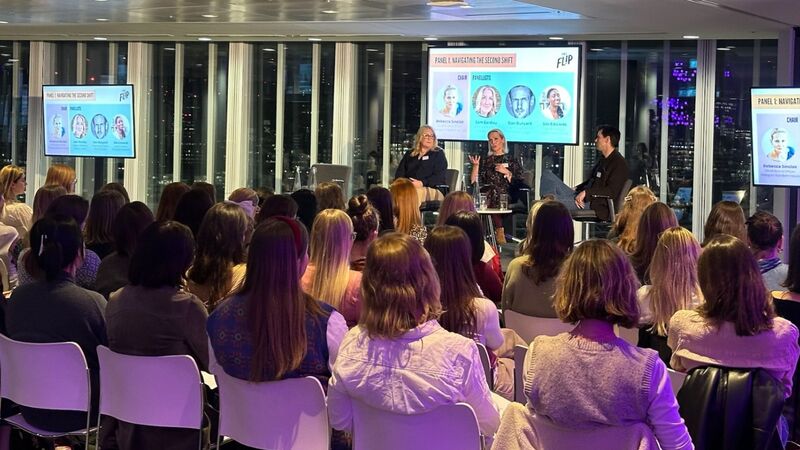You are viewing your 1 free article this month. Login to read more articles.
Snap survey reveals author income dropped substantially in the pandemic
Almost 63% of authors and illustrators responding to a quick-fire survey from The Bookseller this week said they had seen a fall in income in pandemic-hit 2020 compared with 2019, including squeezes on author advances and the loss of earnings from live events. The Society of Authors (SoA) has said 250 people have applied to its hardship fund this year, on top of nearly 1,200 applicants in 2020, indicating the “desperation” of many.
However, some creators have said the pandemic’s digital shift has boosted their earnings and helped raise their profile, while well-established authors are said to still be receiving competitive advances.
British Book Awards Literary Agent of the year Nelle Andrew, of Rachel Mills Literary, said she noticed publishers simultaneously tightening their belts with some writers while making lucrative deals for others. “It has been really famine or feast,” she said. “I have had some incredibly competitive advances and exciting auctions, and yet also had conversations with publishers where—last autumn in particular—they were slashing advances for repeat authors by 10%, citing no authors were getting the same advances as before due to the lockdowns and retailer situation. It’s definitely had an impact, and I have seen a big increase in authors pivoting to other forms of writing, like screenwriting, as books become more unstable [sources of income].”
Andrew said she didn’t expect to see author income fully recover this year. “In so many ways it still feels as if we are all holding our breath waiting to see when we can safely exhale, and we are all still unsure of when that might be.”
Karolina Sutton, agent at Curtis Brown, predicts an ongoing drop in income for debut and midlist authors. She said: “We have to impress upon publishers that these authors who have been published in the last few months shouldn’t be punished if their sales have not reached their potential. I think that is a conversation that collectively agents and authors and author organisations should be having, and should be having very vocally.
“All the top five publishers are making a profit. They are making profits from the authors who are already established, and I think the best thing they can do is spread the love. When it comes to the second book by the début author who was [initially] published in a pandemic, I think we would want to see that they reinvest some of those profits in those authors for whom it’s just been very unfortunate. It’s been a really tough time for them.”
Claiming support
According to The Bookseller’s survey, almost 63% of respondents saw a fall in income last year, to a greater or lesser degree, with the figure backed by conversations with authors and agents. One children’s book author and illustrator described considering a career change as they don’t currently hold a book contract, and work has “completely dried up”, leaving them dependent on the government’s Self-Employment Income Support grant. The survey revealed a huge disparity in earnings over 2020, with some creatives taking home seven-figure sums, and others barely scraping £200 in total.
A writer of literary fiction, who was dropped by their publisher during the pandemic, said they were not confident 2021 was going to be a better year for them. “Publishers are only buying established authors and débuts,” they said. “Literary fiction has really suffered. Unless you’re a bestseller or an award winner, it’s really hard to sell at the moment, despite there being a readership asking for your books. Submissions are incredibly slow. Too many celebrities, unable to do their usual work during the pandemic, have stolen a lot of the slots [and] budgets.”
However, Ben Aitken, author of The Gran Tour and A Chip Shop in Poznan (Icon Books), said he felt very supported by his publisher during the pandemic, despite experiencing a drop in income of roughly 30%. He is among those who applied for the SoA’s emergency grant, a scheme that saw 1,170 applications in 2020 and has already received more than 250 more since January 2021.
He regards live events and tours as a much-needed source of income. “Events are really useful, vital income if your advance or royalties income is barely enough to live off,” he said, adding that virtual events “do not compare in terms of monetary opportunities”.
In a column published in The Bookseller, Nicola Solomon, chief executive of the Society of Authors, called on “publishers [to] look at their models and ensure that money and resources go to a wider range of authors—and particularly into supporting midlist and backlist instead of paying huge advances, which often do not earn out, for celebrity works”.
Stephen Lotinga, c.e.o. of the Publishers Association, agreed 2020 had proved a particularly difficult year for début authors, and those relying on secondary sources of income. “The circumstances of the pandemic benefited big names, big books and backlist,” he said. “With bookshops open again and physical events returning soon, publishers are focused on ensuring that as many authors as possible can enjoy the success of their books.”
Government intervention
The Authors’ Licensing & Collecting Society (ALCS) has called on the government to reassess its “serious long-term engagement... with creators and creators’ representatives” and is campaigning for the establishment of a Creators Council, in addition to increasing funding for Public Lending Right and better remuneration methods. Barbara Hayes, deputy c.e.o. of ALCS, added: “While the government launched unprecedented support schemes, the unfortunate truth is that many authors fell through the cracks in systems that did not consider their needs.”
However, a third of those polled, and several creatives who got in touch with The Bookseller, saw an increase in their total income, with some citing reasons such as a surge in digital sales, and increased exposure to their artwork on social media.
Selom Sunu, a character designer and illustrator published by indie press Knights Of, is optimistic about 2021, and said the future is looking “very promising in terms of jobs”.
“I have been fortunate enough to get a lot of interest recently, even from international companies as far off as South Korea,” he said. “As a result of the interest, I chose to leave my full-time non-art job in May and focus on art. It’s too early to say how things are going financially, but I’m optimistic.”
To support emerging talent, he urged organisations to offer free portfolio reviews and advice, “demystifying how the industry works”, in addition to innovating in terms of affordable ways to provide access to the tools of the trade, including leasing graphics tablets.
Ren Renick, c.e.o. of the Association of Illustrators, said the body was noticing growth in “some areas, of which animation is one”, which would hopefully impact creatives this year. However, she said commissioning editors seem to have “taken a reduction in risk, and are going back to the illustrators they have long-established relationships with”, overlooking illustrators who are just getting started.
Ruthine Burton, a freelance artist and illustrator, said the pandemic had “luckily had no impact on [her] ability to pay bills” as the majority of her earnings come from a non-illustration job—a situation consistent with 52% of creatives polled in the survey. Her recent work includes designing the trophy for the inaugural Jhalak Children’s and Young Adult Book Award, which was won this week by Patrice Lawrence for Eight Pieces of Silva (Hodder Children’s Books).
“Illustration is so much about networking and luck, so the pandemic has probably changed that landscape,” Burton said. “Instagram and Twitter I think will become even more important, as social media tools, to put your work in front of those who hand out the commissions and contracts,” she said. She hopes to see more illustrators being commissioned and being paid “decent rates” this year.
Publisher response
The Bookseller contacted a number of publishers about the support they had shown their authors and illustrators throughout the pandemic. A HarperCollins spokesperson said: “We share the SoA’s desire for fair copyright laws, and its concern about the lack of government support for freelance creatives and other self-employed people. HarperCollins’ primary responsibility is to its published authors and to their continued success. We have been working on multiple fronts throughout this pandemic to ensure that our authors are supported and that their books continue to reach their readers, maintaining discoverability and supporting the wider publishing ecosystem for the long-term protection of all authors’ livelihoods. The pandemic’s impact on the performance of some titles will of course be given every consideration when discussing future publishing.”













